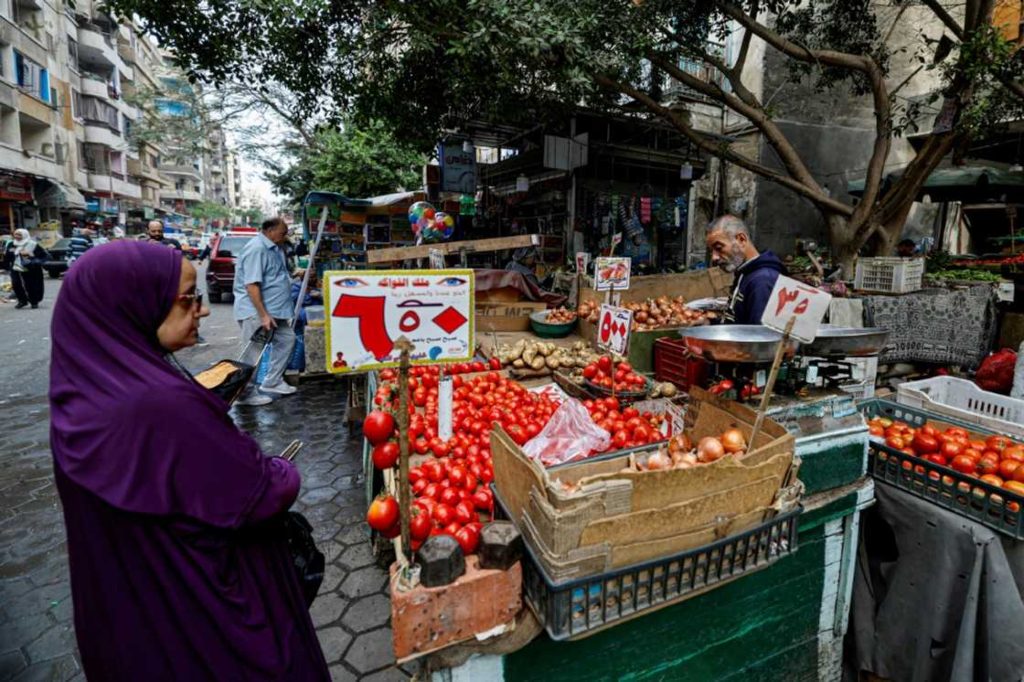Egypt’s middle class is bearing the brunt of economic reforms backed by the International Monetary Fund (IMF), with many struggling to afford what were once considered basic necessities. The reforms, which include subsidy cuts and liberalised currency exchange, have led to rising costs of living, eroding purchasing power, and transforming everyday items into luxuries.
The economic strain has intensified following a recent 17.5% fuel price hike, the third such increase this year, as part of an $8 billion IMF loan programme aimed at stabilising Egypt’s economy.
Egypt’s foreign debt has surged to $160.6 billion as of early 2024, much of it linked to large-scale projects such as the construction of a new capital. Compounding the crisis, ongoing conflict in Gaza and attacks on Red Sea shipping have significantly reduced Suez Canal revenue, a key source of foreign currency.

Despite public frustration, President Abdel Fattah al-Sisi has signalled a potential re-evaluation of the IMF programme. “If these challenges will make us put unbearable pressure on public opinion, then the situation must be reviewed with the IMF,” he said.
Prime Minister Mostafa Madbouly also pledged to avoid imposing new financial burdens on citizens “in the coming period.”
Economists argue that the pace of reforms has exacerbated hardships. Wael Gamal, of the Egyptian Initiative for Personal Rights, said the measures have led to a significant erosion in people’s living conditions. He suggested that reforms could be implemented more gradually to ease the burden on citizens.
The IMF’s managing director, Kristalina Georgieva, defended the programme, claiming it would foster long-term prosperity. However, scepticism remains widespread.
With the IMF reviewing its loan programme, Egypt could unlock an additional $1.2 billion in financing. But for many who rely on support from family abroad, the immediate concern is survival amidst rising costs.

